
The guideline is the first in a series that will focus on diagnosis, treatment, and care of Alzheimer disease and all other dementias, according to the association.


Brain Wave Patterns Could Serve as Biomarkers to Predict Progression From MCI to Alzheimer Disease, Novel Research Suggests

The guideline is the first in a series that will focus on diagnosis, treatment, and care of Alzheimer disease and all other dementias, according to the association.
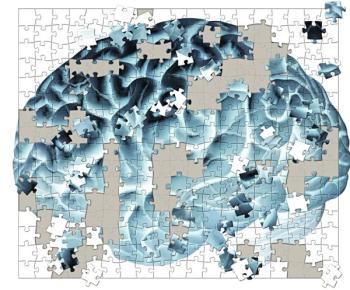
Linus Health is expanding its AI-powered remote cognitive assessment platform, Anywhere, to expand access to early detection of cognitive impairment.

Data from Roche presented at AAIC 2025 highlight rapid amyloid clearance with investigational antibody and potential of pTau217 as blood-based rule-in and rule-out test.

In this short conversation, Libon underscores how time-based measures during assessment can reflect subtle neurocognitive changes, augmenting traditional screening.

The European Commission is expected to make a final regulatory decision on the anti-amyloid therapy in the coming months, Lilly said.
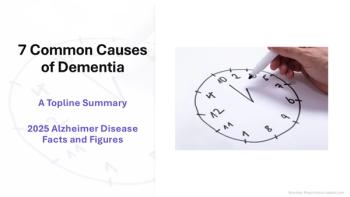
The brain changes that lead to cognitive and behavioral changes referred to as dementia have multiple potential etiologies; not all dementia is Alzheimer disease.

Your daily dose of the clinical news you may have missed.
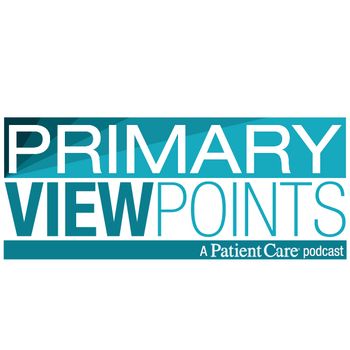
Listen to our latest podcast episode to discover how early dementia detection enhances care and quality of life, with actionable strategies for primary care teams to implement now.

Both metformin and GLP-1 RAs have been studies for their neuroprotective effects; this study is the first head-to-head investigation and supports further research.

Swenson focused on the precision afforded by digital tools in assessing human behavior and identifying preclinical signs of cognitive impairment.
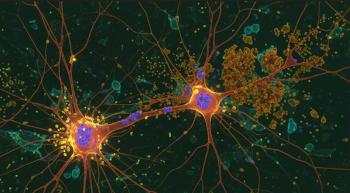
Eisai will present four-year safety and efficacy data, real-world use patterns, and findings on a new subcutaneous formulation for maintenance treatment in early Alzheimer disease.
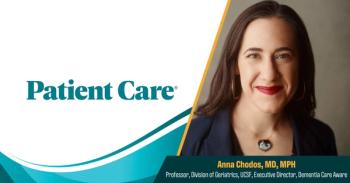
In recognition of World Brain Day, Anna Chodos, MD, discusses why early detection of cognitive decline must become standard practice—and how PCPs can take simple, effective steps to make that happen.

Libon, a professor at the New Jersey Institute for Successful Aging at Rowan University, says the refined approach to cognitive assessment is widely available.
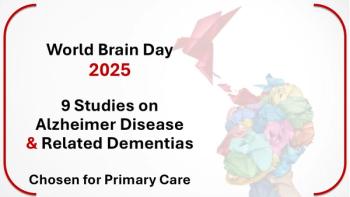
World Brain Day is celebrated on July 22 every year. In recognition Patient Care has summarized 9 notable studies of key interest to primary care for quick review.

Digital latency measures enhance early detection of cognitive decline, revealing neurodegenerative changes before traditional tests indicate impairment.

The adjusted dosing for donanemab in early AD reduced ARIA-E risk by 41% compared to the original dosing, without compromising efficacy.

The Fujirebio in-vitro diagnostic has shown positive and negative predictive values of 92% and 97%, respectively, for early AD detection and will be offered by end of summer.
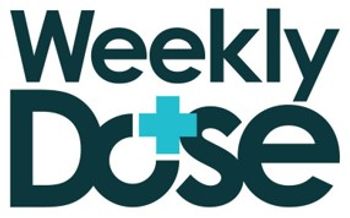
Discover essential clinical insights on Alzheimer disease screening in primary care, eczema treatments, and the latest in cancer detection and diet impacts on CHD risk.

The StateViewer clinical decision support system could help expand access to specialist-level insights in clinics that lack neurology expertise, according to researchers.

The adjuvanted RSV vaccine, in particular, was associated with a 29% reduction in the risk of dementia in the subsequent 18 months, a University of Oxford study found.

Suboptimal adherence with antidementia drugs is associated with poorer clinical outcomes including accelerated disease progression and symptomatology.
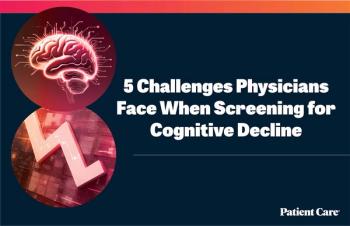
Primary care clinicians are generally the first clinical contact for older adults with early signs of dementia. Our survey uncovered 5 primary challenges to being in that role.
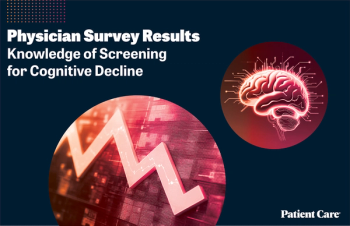
New survey finds that most PCPs screen for mild cognitive impairment, but time is an issue, guidelines are few, and low levels of confidence persist.

Authors say their findings support the accumulating evidence that late-life mood disorders may be a prodromal manifestation of dementia vs a risk factor alone.

Cycling and mixed cycling were associated with a reduced risk of all-cause dementia, including of young onset, as well as increased hippocampal volume.